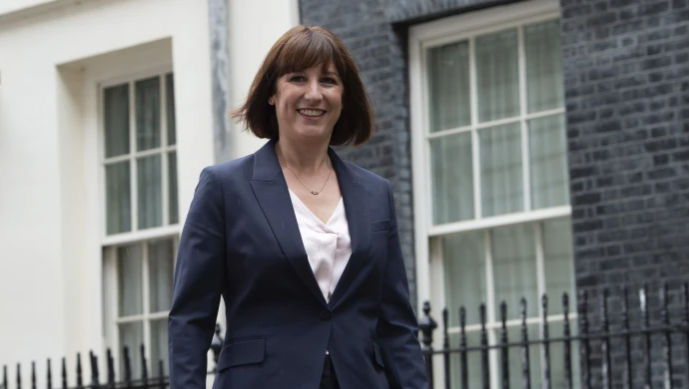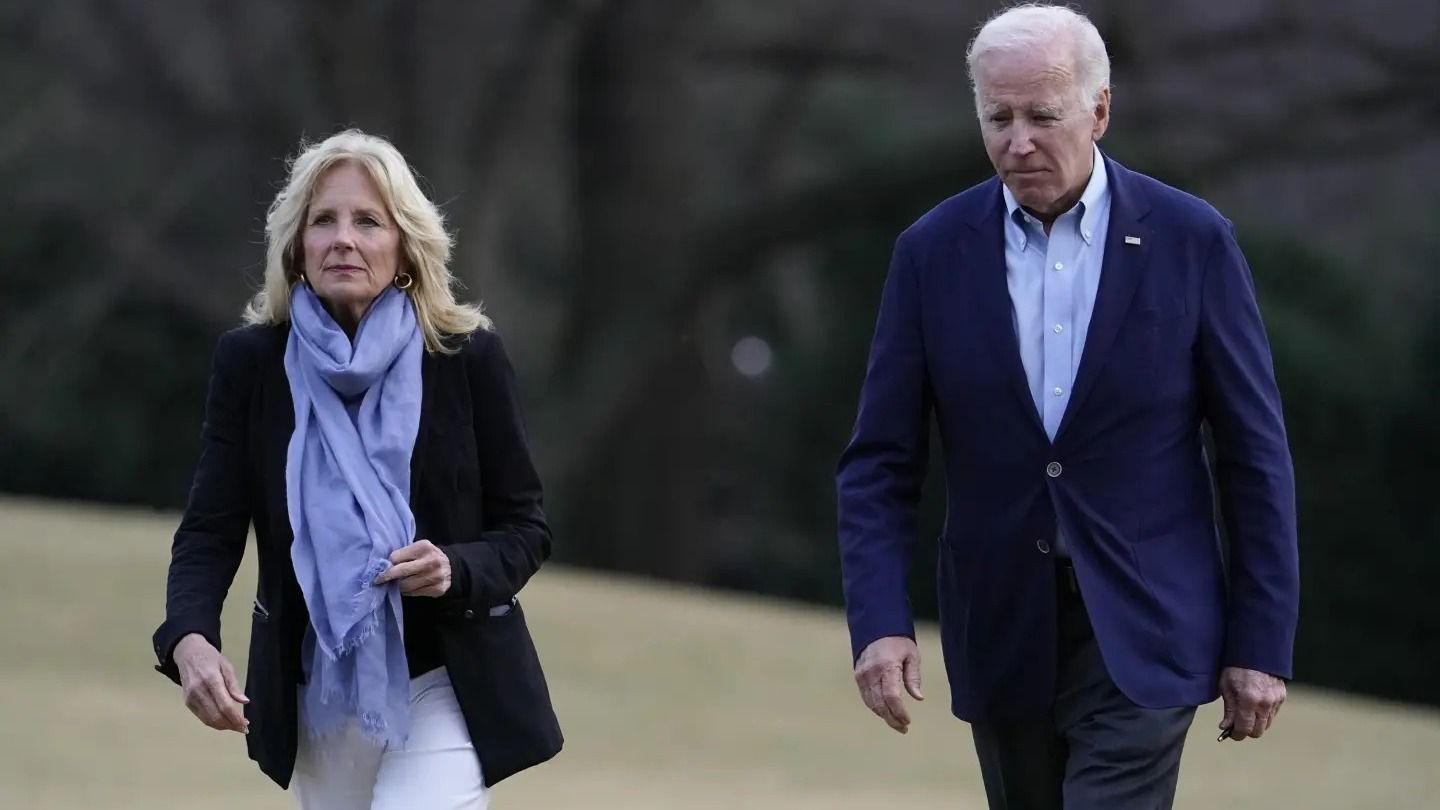London: Britain’s Treasury chief, Rachel Reeves, expressed dissatisfaction with official data showing a slowdown in the UK’s economic recovery from recession in the third quarter, with most sectors remaining stagnant, she said this on Friday.
The Office for National Statistics reported that the economy grew by just 0.1 percent from July to September, a sharp decline from the 0.5 percent growth in the previous quarter and below the expected 0.2 percent.
The statistics agency stated that overall output in September contracted, intensifying criticism from the opposition of the new Labour government, who argue that its pessimistic outlook in the early weeks of office contributed to the economic downturn.
When the Labour government took office in July, after 14 years of Conservative rule, it described its economic inheritance as the worst in decades, requiring urgent action to address public finances. In response, Conservative Treasury spokesperson Mel Stride blamed the slowdown on the new government’s rhetoric, claiming that its negative messaging had undermined business and consumer confidence. In the meantime, Rachel Reeves used her budget to implement significant tax hikes, primarily targeting businesses, while increasing public service spending, particularly on the National Health Service, and ramping up borrowing for investments.
“Improving economic growth is at the heart of everything I am seeking to achieve, which is why I am not satisfied with these numbers,” Reeves said after Friday’s figures.
Prime Minister Keir Starmer has said that raising the economic growth is his government’s number one priority over the next five years. Since the global financial crisis in 2008-09, the British economy has underperformed relative to previous years and actually slipped into a deep recession in 2023.
The Resolution Foundation think tank said the British economy has been a “rollercoaster” over the past year and that its medium-term performance has been “staid and stagnant” As a result of the third-quarter slowdown, the think tank said the UK has fallen below the US at the top of the growth leaderboard of the Group of Seven leading industrial economies.
“This all serves to highlight that the government’s mission to renew strong economic growth is both extremely hard, and absolutely necessary,” said Simon Pittaway, the think tank’s senior economist.
One factor hobbling the economy, many economists say, is Britain’s departure from the European Union in 2020, which has made trade more difficult. Though the post-Brexit trade agreement between the two sides ensured there would be no tariffs placed on goods, exporters are finding life tough.
As part of Brexit, the UK also left the frictionless single market and the customs union, which means firms have to file forms and customs declarations for the first time in years.
On Thursday evening, Bank of England Governor Andrew Bailey said the “changing trading relationship” with the EU has weighed on the economy.
“It underlines why we must be alert to and welcome opportunities to rebuild relations while respecting the decision of the British people,” he said.
Starmer has said he wants to improve the trading relationship with the EU but has ruled out the possibility of Britain rejoining the single market or the customs union, or of a return of the freedom of movement of people.
For many, that means there can only be limited improvements to the current trading arrangements.
(with agency inputs)
UK Treasury Chief Unhappy with Slow Third-Quarter Economic Growth world-news World News | Latest International News | Global World News | World Breaking Headlines Today




